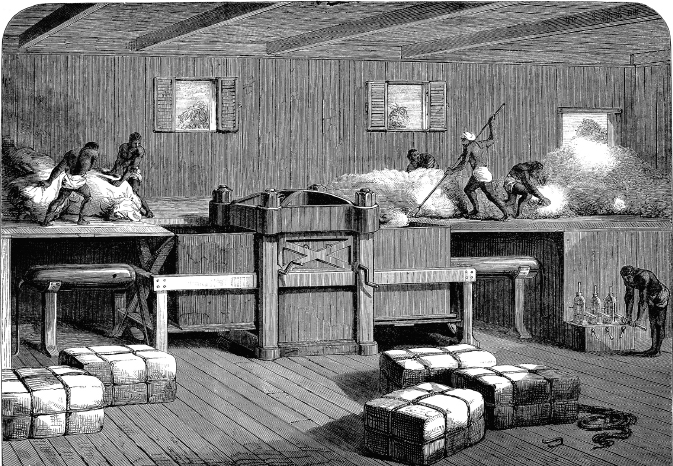The Global Picture

The Industrial Revolution did not extend outside of Europe prior to the 1860s, with the exception of the United States and Japan. In many countries, national governments and pioneering entrepreneurs promoted industrialization, but fell short of transitioning to an industrial economy. For example, in Russia the imperial government brought steamships to the Volga River and a railroad to the capital, St. Petersburg, in the first decades of the nineteenth century. By midcentury ambitious entrepreneurs had established steam-
Egypt, a territory of the Ottoman empire, similarly began an ambitious program of modernization after a reform-
Such examples of faltering efforts at industrialization could be found in many other places in the Middle East, Asia, and Latin America. Where European governments maintained direct or indirect control, they acted to maintain colonial markets as both sources of raw materials and consumers for their own products, rather than encouraging the spread of industrialization. In India millions of poor textile workers lost their livelihood because they could not compete with industrially produced British cotton. The British charged stiff import duties on Indian cottons entering the kingdom, but prohibited the Indians from doing the same to British imports. The arrival of railroads in India in the mid-
Latin American economies were disrupted by the early-
The rise of industrialization in Britain, western Europe, and the United States thus caused other regions of the world to become increasingly economically dependent. Instead of industrializing, many territories underwent a process of deindustrialization or delayed industrialization. In turn, relative economic weakness made them vulnerable to the new wave of imperialism undertaken by industrialized nations in the second half of the nineteenth century (see Chapters 25 and 26).
As for China, it did not adopt mechanized production until the end of the nineteenth century, but continued as a market-
>QUICK REVIEW
Why did British practices spread to continental Europe, but not to most of the rest of the world?